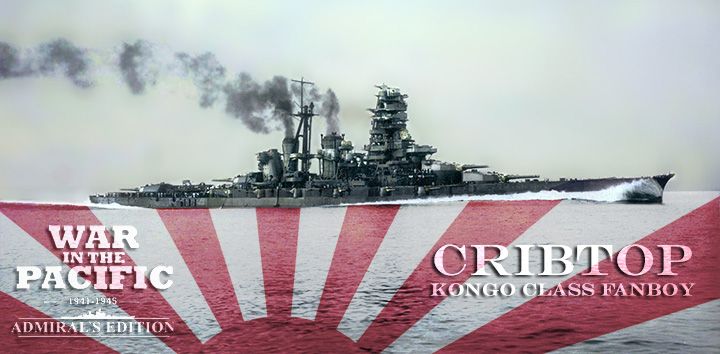wdolson
Posts: 10398
Joined: 6/28/2006
From: Near Portland, OR
Status: offline

|
quote:
ORIGINAL: FatR
At tactical, operational and strategic level, as well as in its organization and traning IJA consistently demonstrated as much or more competence as its opponents. It is just that being on the losing side of the war and fighting against overwhelmingly superior enemy highlighted most of Japanese FUBARs, while hiding all but the most blatant Allied ones. Japanenese logistics were mostly hampered by objective problems. Military production could have been planned better, but most problems there stemmed from IJA/IJN enmity (and overall lack of industrial power, of course).
Now on grand stratefic and political level, several huge miscalculations were made by IJA top brass. The situation of China was well covered above, I can only add, that Japanese had to go forward and try to turn the entire China in their puppet state - just like any potential stable Chinese government had to attempt returning Manchuria. And Japanese invested too much money and effort in Manchukou to even contemplate giving it up.
One very crucial Japanese mistake that is often forgotten, is overestimating Germany's power. They believed that Germany will be able to at least hold off Western Allies and also overrun USSR. On political level this influenced their overal willingness to risk open confrontation with USA and Britain, and on strategical level they kept a large part of their best forces in Kwantung Army, waiting to grab Sovier Far East after the collapse of USSR, that never happened.
Finally, they were too charmed by the outcome of Russo-Japanese war, forgetting how narrow, and to what extent caused by factors beyond Japanese control, their victory actually was. Sure thing, Japanese military failed to enter the same river twice and produce an unbroken 1.5-year string of apparent victories again.
The Japanese also vastly underestimated the US's ability to fight a two front war. It wasn't unreasonable. I can't think of any other nation that simultaneously won large scale wars on two or more fronts at the same time.
When Japan made it's decision to go to war, Germany had only lost one battle and won many. They were in the process of pushing into the suburbs of Moscow. In their optimism, they assumed that the Russian Bear was dying and Germany would finish them off so Japan didn't have to worry about them.
I believe the Japanese and Germans had some pie in the sky idea about meeting up in central Asia somewhere. Germany did end up capturing a staggering territory, but when the tide turned, it turned hard. Stalin traded land for time.
If the Japanese had pulled out of China, there probably wouldn't have been a war in the Pacific unless the military faction running Japan decided they should take resources instead of paying for them. The Japanese did see themselves as the rising power of Asia and wanted to be respected as a peer equal to a European power.
The Meiji Restoration was an amazing feat of development. They had reason to be proud of that. If the Japanese had pulled out of China, they might have attacked someone else because of their mythos of being the world's next great power or at least the dominant power in Asia.
Bill
_____________________________
WitP AE - Test team lead, programmer  |
 Printable Version
Printable Version






 Thank you.
Thank you. 







 New Messages
New Messages No New Messages
No New Messages Hot Topic w/ New Messages
Hot Topic w/ New Messages Hot Topic w/o New Messages
Hot Topic w/o New Messages Locked w/ New Messages
Locked w/ New Messages Locked w/o New Messages
Locked w/o New Messages Post New Thread
Post New Thread